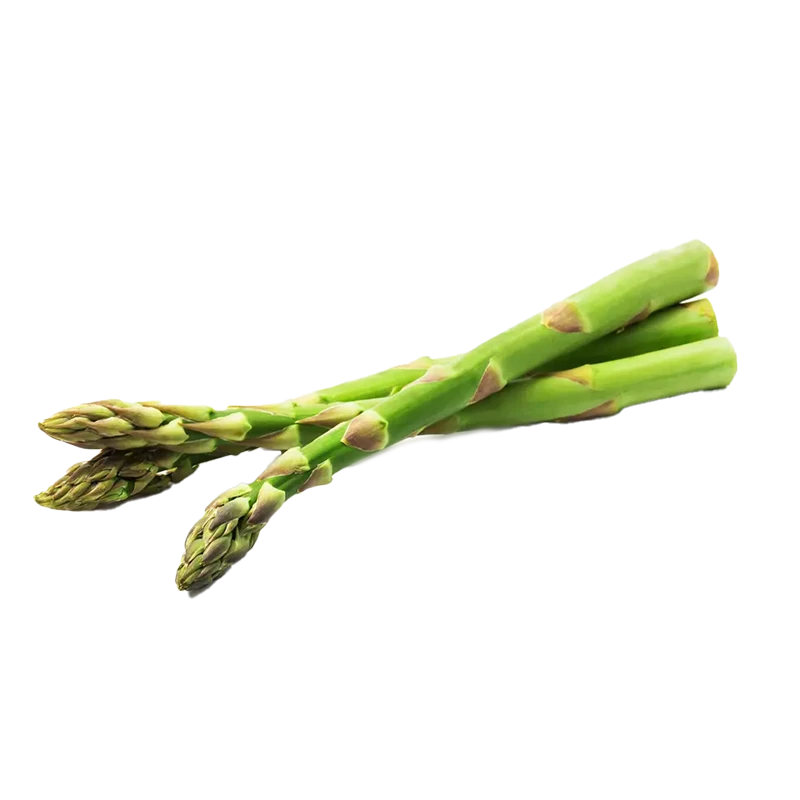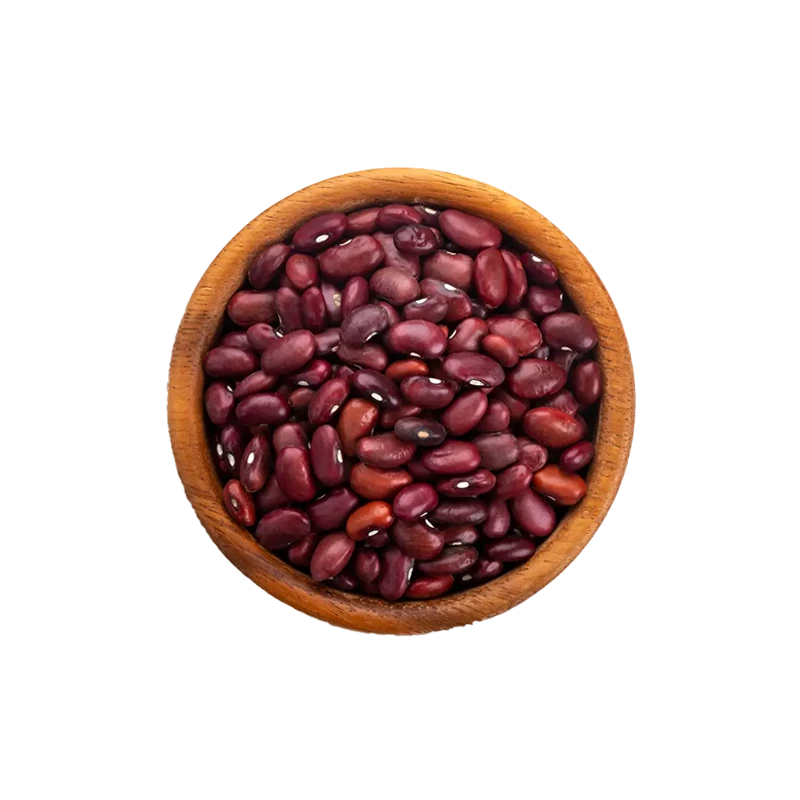Asparagus — Nutrients, Health Benefits, and Shopping Tips

Written by Listonic Team
Last update on September 4, 2024
Nutrients
Nutrition facts
Amount per 100 g
Calories
🔥 20 kcal
| Nutrients per: 100 g | Value | % Daily Value* |
|---|---|---|
| Carbs | 4 g | 1.45% |
| Fiber | 2 g | 7.14% |
| Sugars | 2 g | 4% |
| Glycemic Index | 15 | - |
| Protein | 2 g | 4% |
| Sodium | 2 mg | 0.09% |
| Total Fat | 0 | - |
*The % of Daily Value (DV) tells you how much a nutrient in a serving of food contributes to a daily diet. 2,000 calories a day is used for general nutrition advice.
20
🍏 Low-Calorie Foods
15
🟢 Low Glycemic Index
Key takeaways
Health benefits
- Rich in antioxidants, which help protect the body from free radicals and reduce the risk of chronic diseases.
- Supports digestive health due to their high fiber content, which helps maintain regular bowel movements and a healthy gut microbiome.
- Promotes heart health by providing folate and potassium, which help maintain healthy blood pressure and reduce the risk of heart disease.
- Contains essential vitamins and minerals such as Vitamin K, Vitamin C, and folate, which are important for overall health and well-being.
Health risks
- Potential allergic reactions causing symptoms like itching, swelling, and difficulty breathing in sensitive individuals.
- Digestive issues such as gas and bloating, especially when consumed in large quantities.
- Interaction with medications such as diuretics, as asparagus has natural diuretic properties.
- Odorous urine caused by sulfur compounds in asparagus, which can be bothersome to some individuals.
How to choose asparagus
When it comes to asparagus, select stalks that are firm and straight with tightly closed, compact tips. The cut ends should appear moist and freshly cut, not dry or cracked.
Avoid asparagus with tips that are starting to spread open or appear mushy, which are signs of age and declining freshness. Woody, thick stems should also be avoided as they tend to be tough and fibrous.

How to store asparagus
Fresh asparagus should be stored upright in the refrigerator with the ends in water. Covering the top loosely with a plastic bag can help retain moisture and freshness. Asparagus can stay fresh for up to a week when stored this way.
Standing asparagus in water is crucial to maintaining its quality, so avoid laying it flat. Do not wash before storing, as excess moisture can cause it to spoil. Keeping it away from strong odors and ethylene-producing fruits is also beneficial to prevent it from absorbing unwanted flavors and ripening too quickly.
✅ Extra Tip
How long do they last?
Fresh asparagus can last for 3-5 days in the refrigerator. To extend its freshness, store asparagus upright in a glass with about an inch of water, covering the tops with a plastic bag. Cooked asparagus should be consumed within 3-5 days when refrigerated.
What to do with leftovers?
Leftover asparagus can be incorporated into many dishes. Chop it and add to a stir-fry with other vegetables for a quick and nutritious meal. Asparagus is also great in frittatas or quiches, where it adds both flavor and texture.
Use leftover asparagus as a topping for salads or mix it into a pasta dish with a light lemon-butter sauce. It can also be pureed into a soup or added to a risotto for a creamy, comforting dish. If you have a large quantity, consider roasting it with olive oil and herbs, then serving it as a simple side dish. Asparagus can also be pickled for a tangy snack or chopped and added to grain bowls for extra nutrients and flavor.
👨⚕️️ Medical disclaimer
How asparagus supports specific health conditions
Asparagus is a great source of folate, which is essential for pregnancy health, supporting proper fetal development. Its high fiber content promotes digestive health by preventing constipation, and its antioxidants support heart health by reducing inflammation and cholesterol levels. Asparagus also contains vitamin K, which is beneficial for bone health.
Discover products from other categories
Listonic Team
Fact-checked
Our editorial team checked this article to make sure it was accurate at the time of publishing it.
Get the top-rated shopping list app

asparagus







